What Are Grade 2 Bolts Used For?
Created at : Jul 7, 2025
When tackling a project that involves fastening, choosing the right type of bolt is essential for safety, durability, and performance. Among the various bolt grades available, Grade 2 bolts are one of the most commonly used—especially in everyday applications that don't require high strength or performance.
What Are Grade 2 Bolts?
Grade 2 bolts are made from low or medium carbon steel and are considered ungraded or standard bolts. They're known for being inexpensive, readily available, and easy to work with. Unlike higher-grade bolts, Grade 2 fasteners are typically used where strength isn't the primary concern.
These bolts are often unmarked on the head or may show only a single manufacturer's mark, distinguishing them from stronger bolts like Grade 5 or Grade 8, which have specific head markings.
Common Uses of Grade 2 Bolts
Grade 2 bolts are ideal for non-critical, low-stress applications. You’ll often find them in:
- Home improvement and DIY projects
- Automotive bodywork (e.g., panels, trim—not engine or suspension)
- Furniture assembly
- Woodworking projects
- Light-duty machinery
- Agricultural equipment (for non-load-bearing parts)
- General construction where heavy loads aren't involved
Their affordability and ease of use make them a go-to option for casual or light-duty repairs and installations.
Mechanical Properties
Grade 2 bolts have relatively modest strength:
- Tensile Strength: Approximately 60,000 to 74,000 psi
- Finish: Typically zinc-plated or galvanized to resist corrosion
While suitable for many applications, these bolts are not designed to withstand significant stress, torque, or vibration.
When Not to Use Grade 2 Bolts
Despite their wide use, Grade 2 bolts are not appropriate for high-stress or critical load-bearing applications. Avoid using them in:
- Structural assemblies
- High-torque machinery
- Automotive engine or suspension components
- Aerospace or industrial equipment
For these applications, higher-grade bolts like Grade 5 or Grade 8—with significantly higher strength ratings—are more appropriate.
Conclusion
Grade 2 bolts offer a reliable and affordable solution for many light-duty tasks, particularly in household, automotive, and general-purpose construction settings. However, understanding their limitations is key to using them safely and effectively.
Always match your bolt grade to the demands of your project—and when in doubt, consult a hardware specialist or engineer to ensure you're using the right fastener for the job.
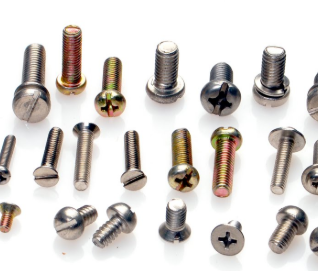 SCREWS
SCREWS
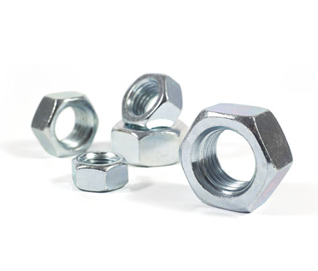 NUTS
NUTS
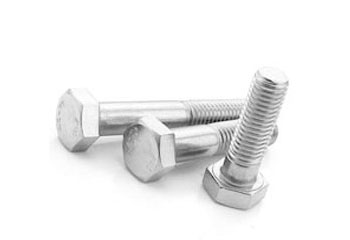 BOLTS
BOLTS
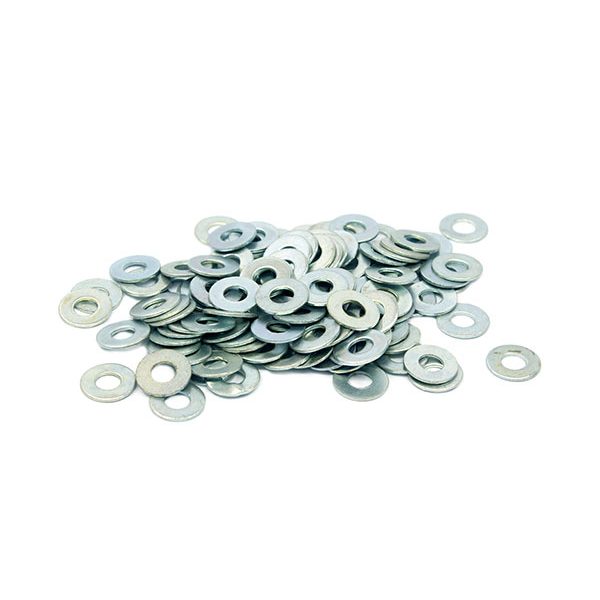 WASHERS
WASHERS
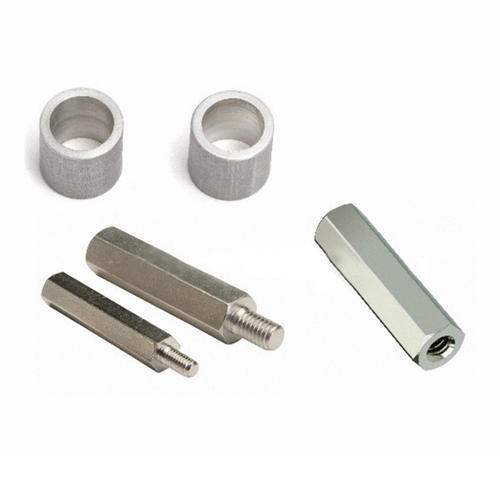 SPACERS & STANDOFFS
SPACERS & STANDOFFS
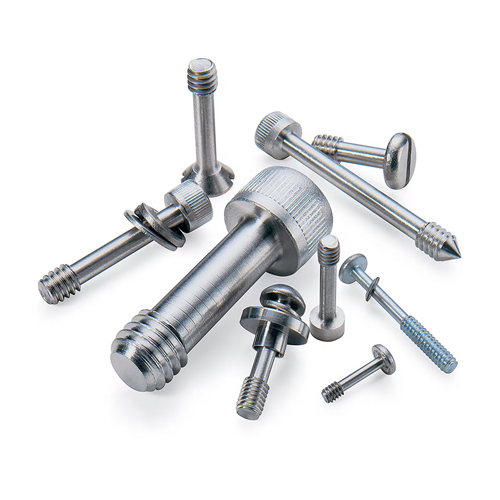 PRECISION/CUSTOM PARTS
PRECISION/CUSTOM PARTS
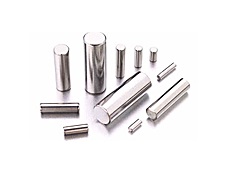 PINS
PINS
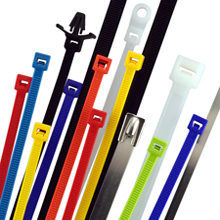 WIRE HANDLING
WIRE HANDLING
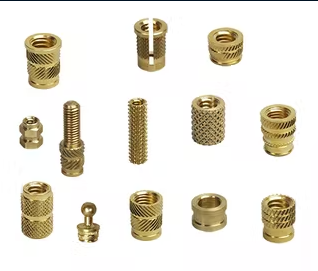 INSERTS
INSERTS
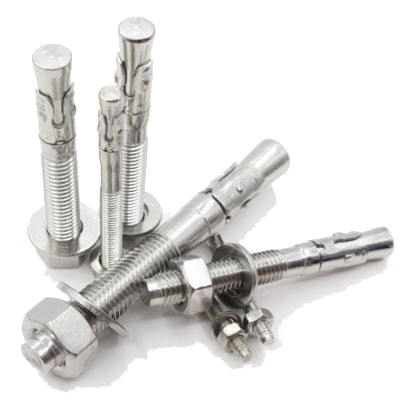 ANCHORS
ANCHORS
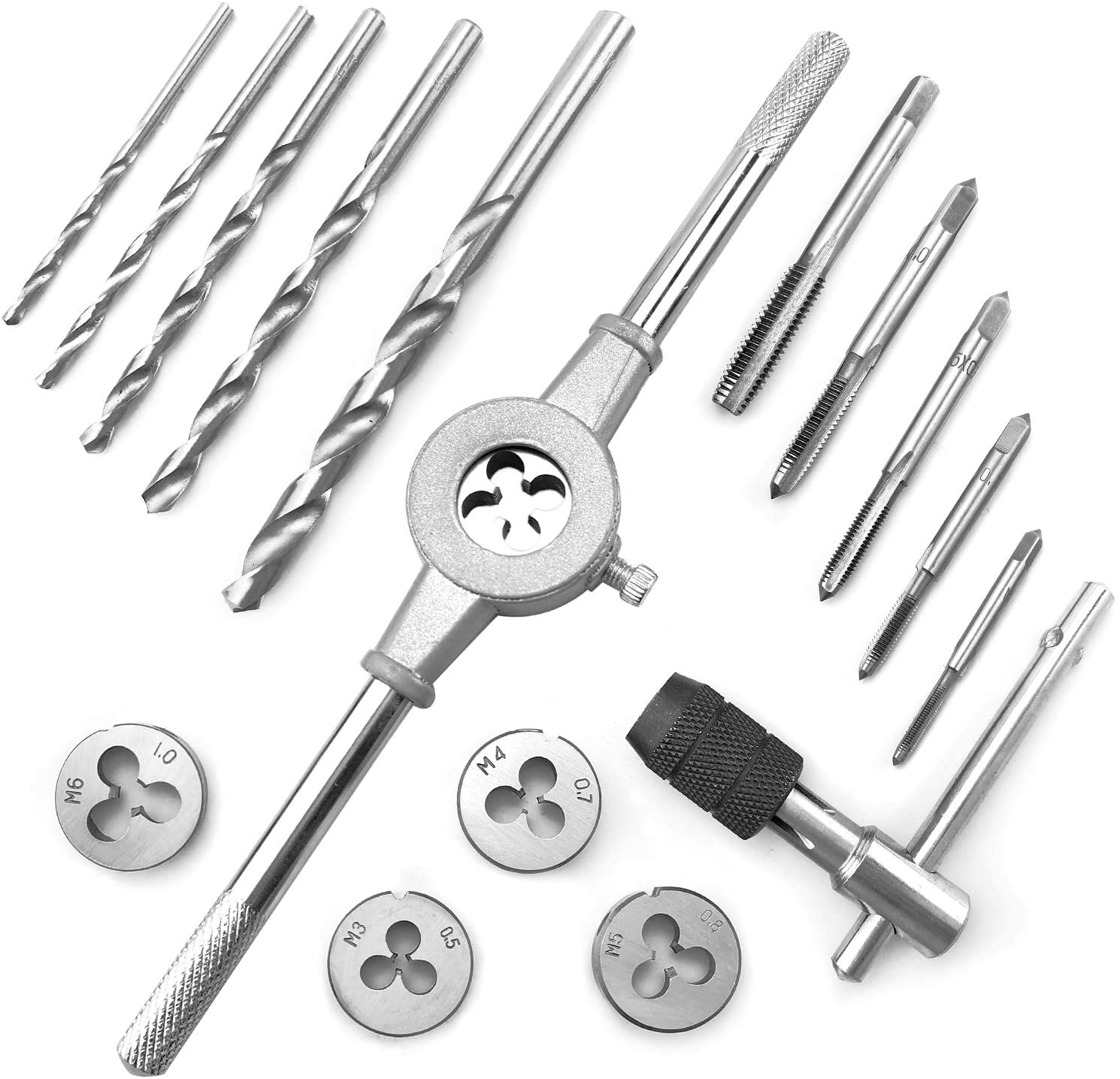 DRILL BITS, TAPS, & DIES
DRILL BITS, TAPS, & DIES
 ABRASIVES & SAWBLADES
ABRASIVES & SAWBLADES
 SAFETY EQUIP.
SAFETY EQUIP.
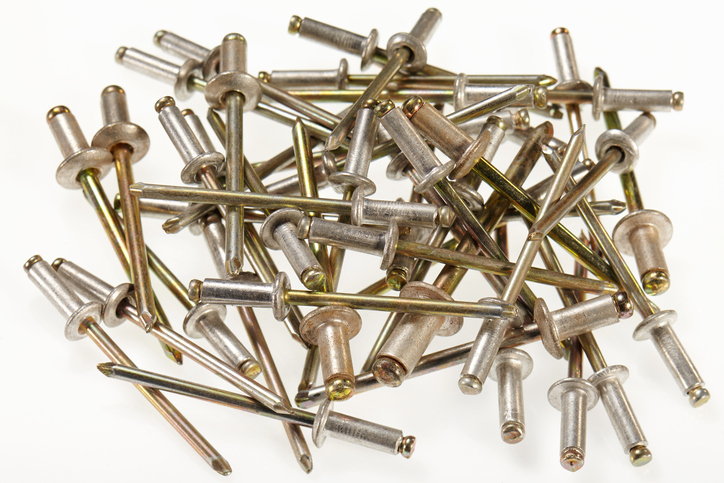 MISC.
MISC.
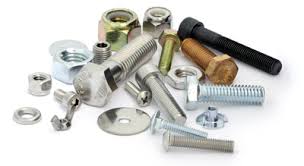 MATERIAL TYPES
MATERIAL TYPES
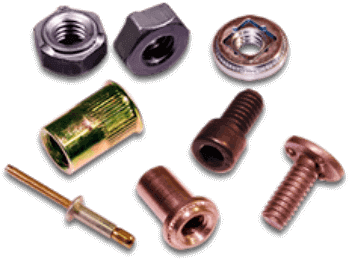 PLATING TYPES
PLATING TYPES